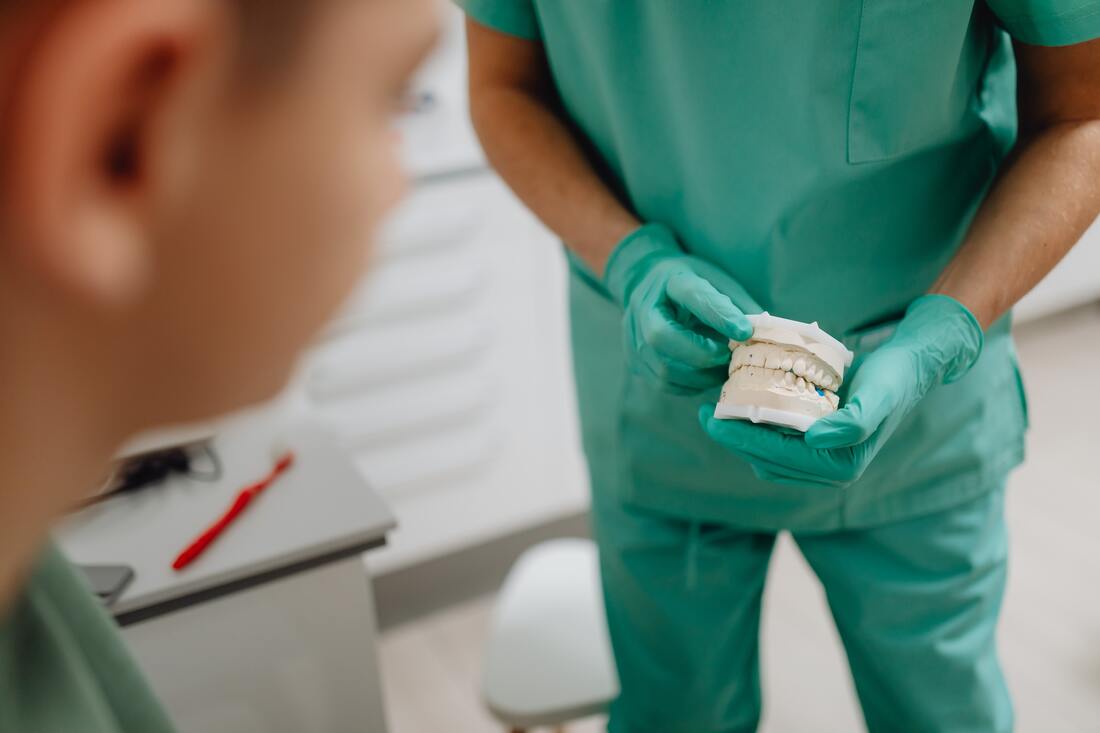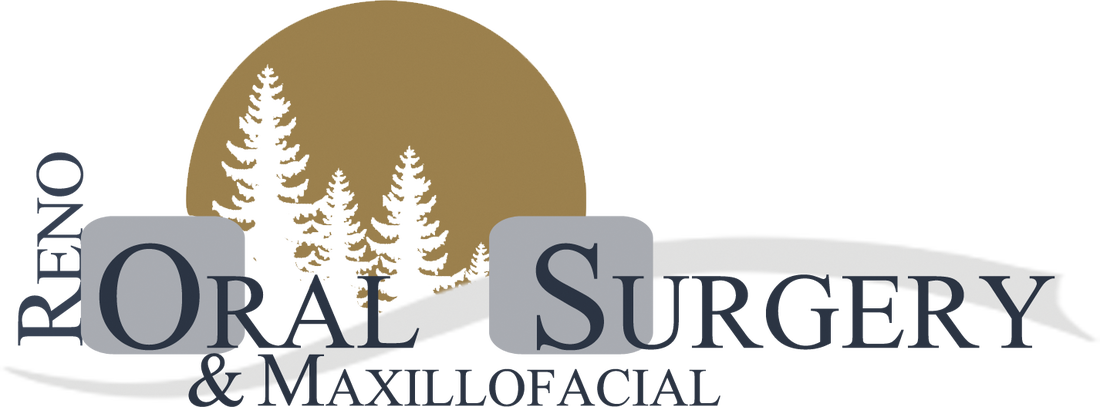|
Though many people have apprehensions when it comes to wisdom teeth removal, it’s important to remember the process is a necessary form of self-care. Not only is wisdom teeth removal a great way to prioritize your body and health, but it is one of the best things you can do for yourself and let me tell you why.
Preventative Care The reason wisdom teeth removal is such a common surgery is because it is necessary. Most people don’t have space in their mouths to accommodate third molars. If the wisdom teeth are not extracted early enough, then they can have costly and uncomfortable repercussions down the line. Addresses Current Issues It is common for people whose wisdom teeth have grown in to experience annoying impacts stemming from the new additions. Third molar-associated issues can include inflammation, decay, periodontal problems, and the inability to maintain a straight set of pearly whites. Having the wisdom teeth removed has proven to solve these common issues in many patients. Manageable Surgical and Recovery Process Understandably, surgery is not a process that enthuses many people. And at the end of the day wisdom teeth removal is an oral surgery, but it is a process with historically low complication rates. Patients rarely recall the surgical procedure due to being under anesthesia, and the recovery process is expedited by following your doctor’s recommended cleaning and treatment plans. Ice Cream (and other soft foods, too) After wisdom teeth extraction, it’s likely food won’t be the first thing on your mind. However, once your appetite returns, you’ll probably want to stick to a diet of soft foods and liquids (no straws!) for a couple days. While this might not be the most ideal thing in the world for some, others relish the opportunity to become an ice cream and soup connoisseur. One and Done Most people are born with four wisdom teeth, so the “One” in One and Done doesn’t mean the number of wisdom teeth being removed (though some people do only have one wisdom tooth)! One and Done refers to the fact that wisdom teeth extraction is a procedure you’ll only have to go through once in your life. That is, of course, assuming you choose to have all wisdom teeth removed during a single procedure. Which means you get in, get out, and then you’re free of those pesky wisdom teeth for life! Though wisdom teeth removal might pose a minor inconvenience to your daily life, remember all the good the procedure does for you in the end. You can avoid future complications stemming from wisdom teeth eruption, solve current problems if the teeth have already grown in, load up on your favorite ice cream, and get the procedure out of the way for life. Not to mention, all of this can be done through a minor surgery with a manageable recovery process. So, provide your body with the self-care you deserve and get those wisdom teeth out! Wisdom teeth are the 18-year molars, or third molars, erupting normally at the age of wisdom. in the majority of cases, the third molars do not have sufficient space in the mouth. For this reason, wisdom teeth are usually removed to either prevent problems. Or to treat existing problems. Like intermittent episodes of inflammation, decay, or the inability to maintain adjacent teeth. Wisdom teeth are most predictably removed prior to the age of 20. But prophylactic removal of these teeth is reasonable prior to the age of 30.
There are many potential complications with the removal of wisdom teeth. Most complications are very rare. The most common complications include soreness and bleeding. also a condition commonly referred to as dry-socket. Dry socket is a condition where the blood clot is lost prematurely 3-5 days after an extraction resulting in painful, exposed bone. There is an office treatment, which can alleviate the pain immediately and easily. The more serious complications, are nerve problems resulting in altered sensation or numbness. These potential problems are discussed in detail prior to proceeding with the treatment.
What is an Oral and Maxillofacial Surgeon?
Simply put, an oral and maxillofacial surgeon is a dental surgeon. They specialize in treating conditions, defects, injuries and esthetic issues of the mouth, teeth, jaws and face. Their education and training gives them the unique understanding and deft expertise to assist patients with chronic problems, pain or sudden trauma. At Reno Oral Surgery, you can count on Dr. Daniel Muff and his team to deliver a high level of expertise, professionalism and service. Reno Oral Surgery Not every dental procedure requires surgery, but when you need the specialized care of an oral and maxillofacial surgeon, you want the best. Dr. Daniel Muff and his staff are dedicated to delivering you the best possible care, whatever procedure you need. Dr. Muff offers a variety of services, beginning with a one-on-one consultation to assess your needs. Some of the services provided by Reno Oral Surgery include:
Don’t hesitate to contact us if you have other questions about Reno Oral Surgery or services provided by Dr. Daniel Muff. For more information about oral and maxillofacial surgeons, visit The American Association of Oral and Maxillofacial Surgeons website. Dental implants are tooth replacements. More durable and attractive than dentures or fixed bridges, dental implants are surgically placed within the gum line and jaw bone. Dentures can contribute to continued jaw bone loss and bridges often requires reshaping or otherwise cutting down perfectly healthy teeth. Dental implants are a superior solution for a number of reasons. What to Expect:Taken from the AAOMS website: Facial trauma, as in when the bones of the face or jaw are broken, is extremely serious. Face, jaw and dental injury occur most commonly around sports, but can also happen in automobile accidents, simple falls or workplace mishaps. These fractures can include:
While oral and maxillofacial surgeons can treat these fractures, the best treatment is prevention. According to the American Association of Oral and Maxillofacial Surgeons (AAOMS): The principles for treating facial fractures are the same as for a broken arm or leg. The parts of the bone must be lined up (reduced) and held in position long enough to permit them time to heal. This may require six or more weeks depending on the patient's age and the fracture's complexity....Because avoiding injury is always best, oral and maxillofacial surgeons advocate the use of automobile seat belts, protective mouth guards, and appropriate masks and helmets for everyone who participates in athletic pursuits at any level. You don't have to play at the professional level to sustain a serious head injury. New innovations in helmet and mouth and face guard technology have made these devices comfortable to wear and very effective in protecting the vulnerable maxillofacial area. Make sure your family is well-protected. A more complete list of safety equipment can be found here.
|
If you're looking for professional, current and high quality oral and maxillofacial surgery, contact Dr. Daniel Muff and his staff at Reno Oral Surgery today!
609 Sierra Rose Drive,
Suite 1 Reno, NV 89511 p: (775) 825-4777 f: (775) 825-4761
|


